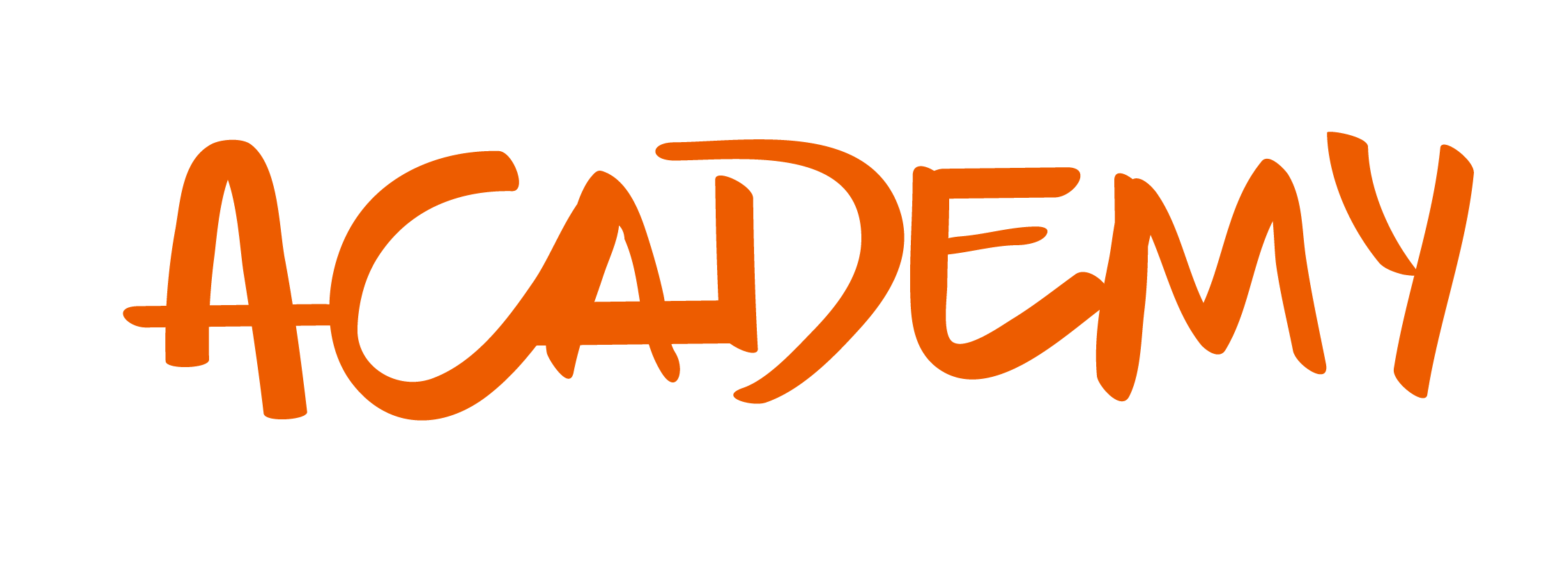In the dynamic world of agencies, where creativity, innovation, and performance are key to success, talent rotation emerges as a persistent challenge faced by many organizations. This phenomenon, characterized by frequent turnover and resource replacement, not only impacts the operational stability of agencies but can also undermine their ability to deliver high-quality services and maintain a competitive edge in the market.
Talent rotation in agencies can be attributed to a variety of factors, ranging from excessive workload and lack of recognition to a toxic work culture and non-competitive compensation. These elements, when combined, can undermine the morale of team members and decrease their commitment to the organization, ultimately leading to higher turnover rates and difficulties in retaining key talent.
In this context, it is important to thoroughly examine the causes of talent rotation, as well as its potential impacts on the effectiveness and stability of agencies. Additionally, it is essential to explore effective strategies to mitigate the effects of rotation and strengthen talent retention within the organization.
In this article, we will explore the causes and disadvantages of talent rotation in agencies, as well as the fundamental role played by project management tools in managing this challenge. From identifying root causes to implementing effective retention strategies, we will delve into a comprehensive analysis to better understand this phenomenon and develop practical solutions to address it proactively.
Exploring the Causes of Talent Rotation in Agencies
Talent rotation in agencies stems from a range of factors, from the work environment to individual team members’ perceptions. Among these factors, excessive workload stands out, leading to exhaustion and demotivation. Similarly, the lack of recognition and opportunities for professional development contributes to an uninspiring environment for employees. Additionally, a toxic work culture, characterized by communication issues and lack of transparency, undermines employees’ morale and job satisfaction. Finally, non-competitive compensation may drive employees to seek better opportunities elsewhere.
These underlying causes of talent rotation in agencies span from excessive workload to lack of recognition and professional development opportunities. Overwork may prompt team members to seek more supportive environments. Lack of recognition for good work can devalue employees and demotivate them, while limited professional development opportunities may hinder their growth within the agency. A work culture lacking in communication and transparency can affect team morale and lead to seeking a healthier environment elsewhere. Lastly, non-competitive compensation may drive team members to seek fairer compensation in other companies within the sector.
It is crucial for agencies to recognize these underlying causes of talent rotation and actively address the associated challenges. Creating a work environment that promotes a balance between workload and recognition, as well as fostering a culture of transparency and professional development, can help retain key talent. Additionally, offering competitive compensation and tangible growth opportunities can strengthen team commitment and loyalty, contributing to the long-term stability and success of the agency.
Making Informed Decisions to Empower Talent with Project Management Tools
- Improving operational efficiency: Project management tools allow agencies to optimize internal processes, leading to greater operational efficiency. By centralizing information, efficiently assigning tasks, and establishing clear deadlines, these tools help teams work more organized and productively.
- Facilitating communication and collaboration: One of the main advantages of project management tools is their ability to enhance communication and collaboration among team members. By providing a centralized space to share information, discuss ideas, and track project progress, these tools promote a collaborative and transparent work environment.
- Tracking and analyzing performance: Project management tools offer advanced functionalities for tracking both individual and collective team performance. By collecting data on time spent on each task, milestones achieved, and the quality of work performed, these tools provide valuable insights that can be used to identify areas for improvement and make informed decisions about team development.
- Fostering professional development: By facilitating the identification of areas for improvement and setting clear goals, project management tools can help talents develop their skills and advance their careers within the agency. By offering growth and development opportunities, agencies can foster loyalty and commitment among their staff, contributing to long-term talent retention.
- Reducing administrative burden: With the right project management tools, many tedious and repetitive administrative tasks can be automated, freeing up time for talents to focus on more strategic and high-value activities. This not only improves job satisfaction but also increases overall productivity and efficiency.
Conclusion
Talent rotation in agencies represents a significant challenge that can impact both operational stability and the ability to deliver quality services. Factors such as excessive workload, lack of recognition, toxic work culture, and non-competitive compensation contribute to this phenomenon. However, it is crucial to recognize these causes and take proactive steps to address them.
To mitigate the effects of talent rotation, agencies can leverage project management tools. These tools offer a range of benefits, including improving operational efficiency, facilitating communication and collaboration, tracking and analyzing performance, fostering professional development, and reducing administrative burden. By empowering talent through these tools, agencies can strengthen their ability to retain key talents and maintain a competitive edge in the market.














